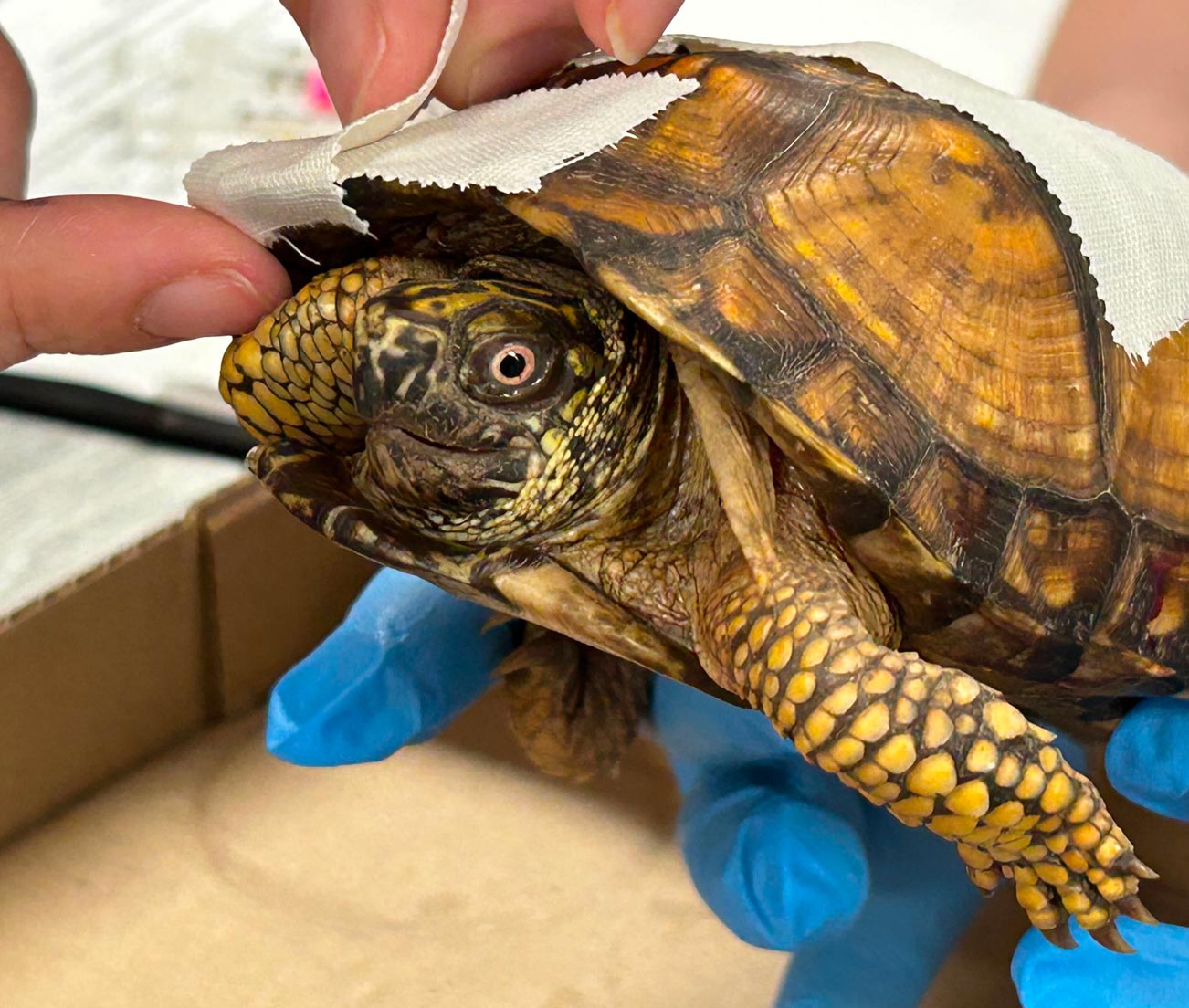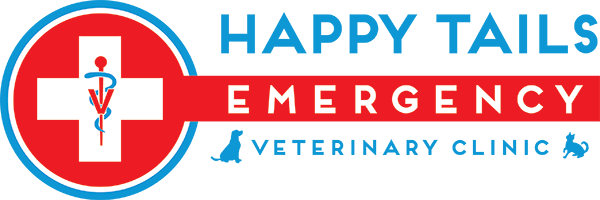Wildlife Information in Greensboro
As part of our service to the community, we gladly accept injured and orphaned wildlife.
These animals are stabilized and cared for until transferred to a knowledgeable wildlife rehabilitator.

Adult Wildlife
If an adult wild animal lets you get close to it, it is seriously compromised and needs immediate assistance. Even apparently calm animals are incredibly frightened and stressed because they see you as the predator. They do not understand that you are trying to help. It is very important to keep the animal in a dark quiet area until help arrives. Resist the urge to peer in at or speak to it. Wild animals can die from stress alone. The wrong food, medication, or liquid can kill an already debilitated animal. Never give any food, fluids or medication!
Baby Wildlife
*Initial Assessment for every species*
First try to determine whether the animal is hurt or sick. Is it cold or bleeding? Does it have a broken wing or limb? Are there ants, maggots, flies, or any other insects on it? Has the animal been hit by a car, caught by a dog or cat?
If the answer to any of these questions is yes, then the animal needs assistance. Keep it in a warm, quiet and dark place. Do not attempt to give it any food, fluids or medications! If the answer is no, then see the species list below:
Human Scent on birds or mammals will not deter the parents from caring for their young! As long as it’s warm and healthy, you can put it back!
